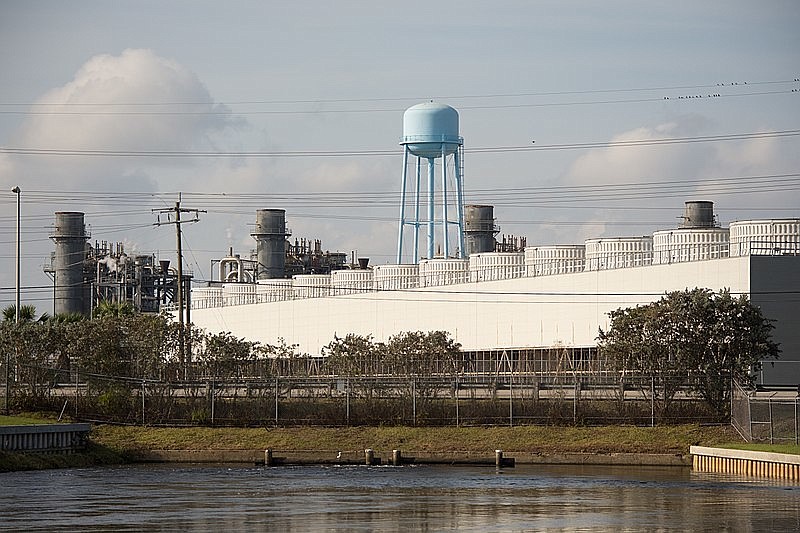- January 17, 2025
-
-
Loading

Loading

Florida Power & Light has reached agreement with representatives of consumers and businesses on a four-year plan that would increase base electric rates and continue the utility’s push to add solar energy.
The proposed settlement was filed Tuesday, Aug. 10, at the state Public Service Commission, which will decide whether to approve it. The plan would lead to a $692 million increase in base electric rates in January and another increase of $560 million in 2023, with additional increases in 2024 and 2025 to pay for solar projects.
FPL filed a base-rate proposal in March, and the Public Service Commission has been scheduled next week to hold a hearing in the case. The agreement trimmed FPL’s original proposed rate increases by about $428 million, according to a filing at the commission.
The utility reached the agreement with the state Office of Public Counsel, which represents consumers; the Florida Retail Federation; the Florida Industrial Power Users Group; and the Southern Alliance for Clean Energy. A series of other groups that have intervened in the case were not listed as signing on to the settlement.
FPL President Eric Silagy issued a prepared statement praising the agreement, which also involves continuing to carry out FPL’s merger with Northwest Florida’s Gulf Power. The merger formally took effect Jan. 1, but it came with issues such as the utilities having widely different rates.
“This agreement is a big win for all 5.6 million FPL customers and our state, and it demonstrates what can be achieved through a collaborative process,” Silagy said in the statement. “In a rapidly growing state on the front lines of climate change, our customers deserve bold and decisive, long-term actions as we build a more resilient and sustainable energy future all of us can depend on, including future generations.”
If approved by the commission, the agreement would lead to residential customers outside of Northwest Florida who use 1,000 kilowatt hours of electricity a month seeing their bills go from the current $101.70 to $107.78 in January, according to the utility’s projections. Those bills would go to $111.63 in 2023; $113.84 in 2024; and $115.34 in 2025.
Because FPL and Gulf have had substantially different rates, the proposal would take that into account through what is described as a “transition rider.” The result would be Northwest Florida customers paying more than FPL customers in other areas.
Under the plan, Gulf residential customers who use 1,000 kilowatt hours a month would see their bills go from the current $129.24 to $131.43 in January, according to the utility’s projections. They then would see the bills decrease to $130.55 in 2023, $128.03 in 2024 and $124.80 in 2025.
Utilities typically cite a benchmark of residential customers who use 1,000 kilowatt hours of electricity a month, though actual usage varies.
Base-rate cases are perhaps the most closely watched issues at the Public Service Commission, as they involve massive amounts of technical and financial data --- and billions of dollars for customers. Tampa Electric Co. also filed a proposed settlement in a base-rate case on Friday.
FPL has been operating under a base-rate settlement that took effect in January 2017 and will end in December.
The amount of proposed base rate increases in the new settlement was reduced from FPL’s March proposal, at least in part, because a potential return on equity --- a closely watched measure of profitability --- was reduced.
The March proposal called for a “midpoint” of 11.5 percent of the allowed return on equity --- which would have essentially allowed FPL to earn within a range that has a midpoint of 11.5 percent. The agreement reduced the midpoint to 10.6 percent.
The agreement also addresses a series of solar-energy issues, with FPL saying in a news release that the plan would “support the development of 16 million solar panels across more than 50 new sites.”
In addition, the Southern Alliance for Clean Energy said the agreement will boost FPL's investment in charging infrastructure for electric vehicles.
“This historic settlement agreement significantly accelerates clean energy investments in solar, other clean technologies, and electric transportation in Florida while also mitigating the impacts of the company’s proposed rate increase on customers," Stephen A. Smith, executive director of the Southern Alliance for Clean Energy, said in a prepared statement.